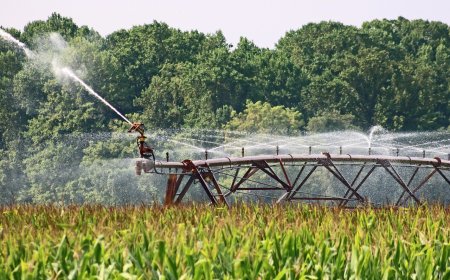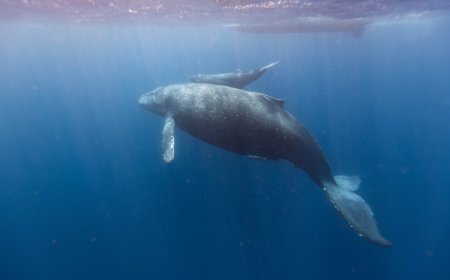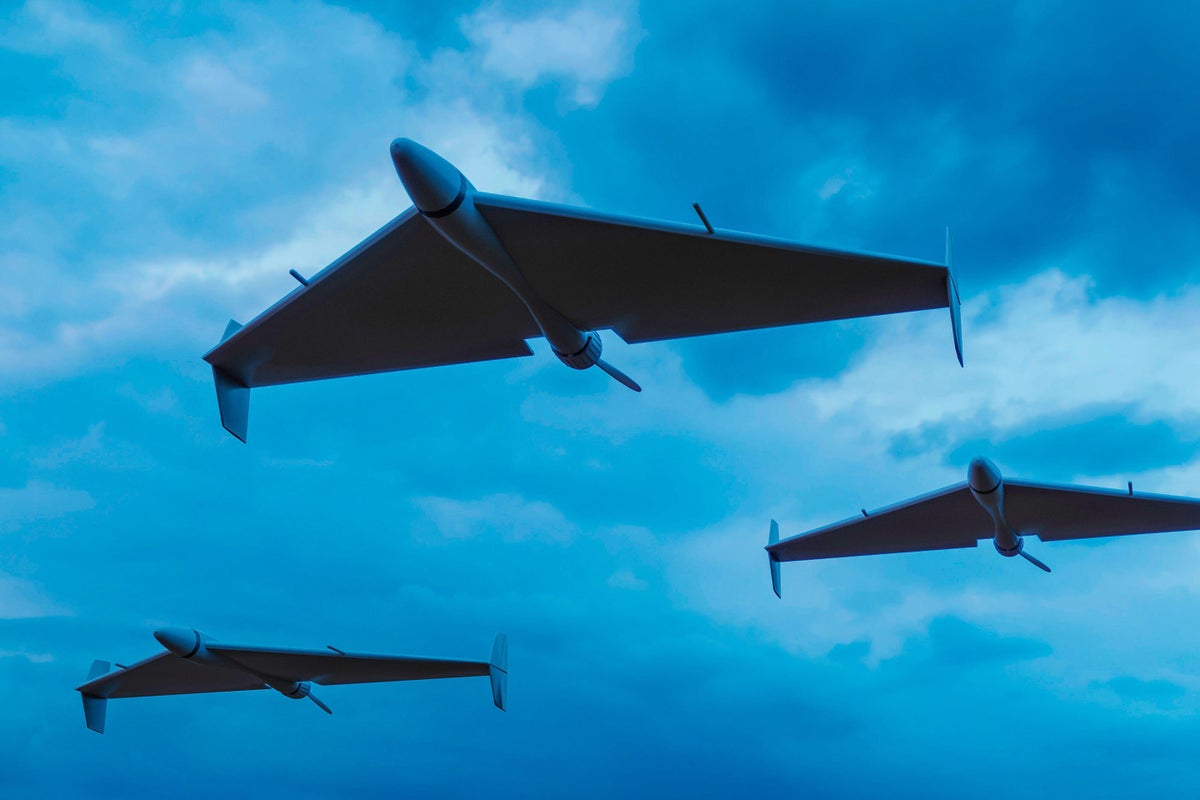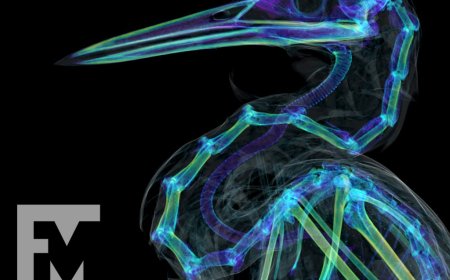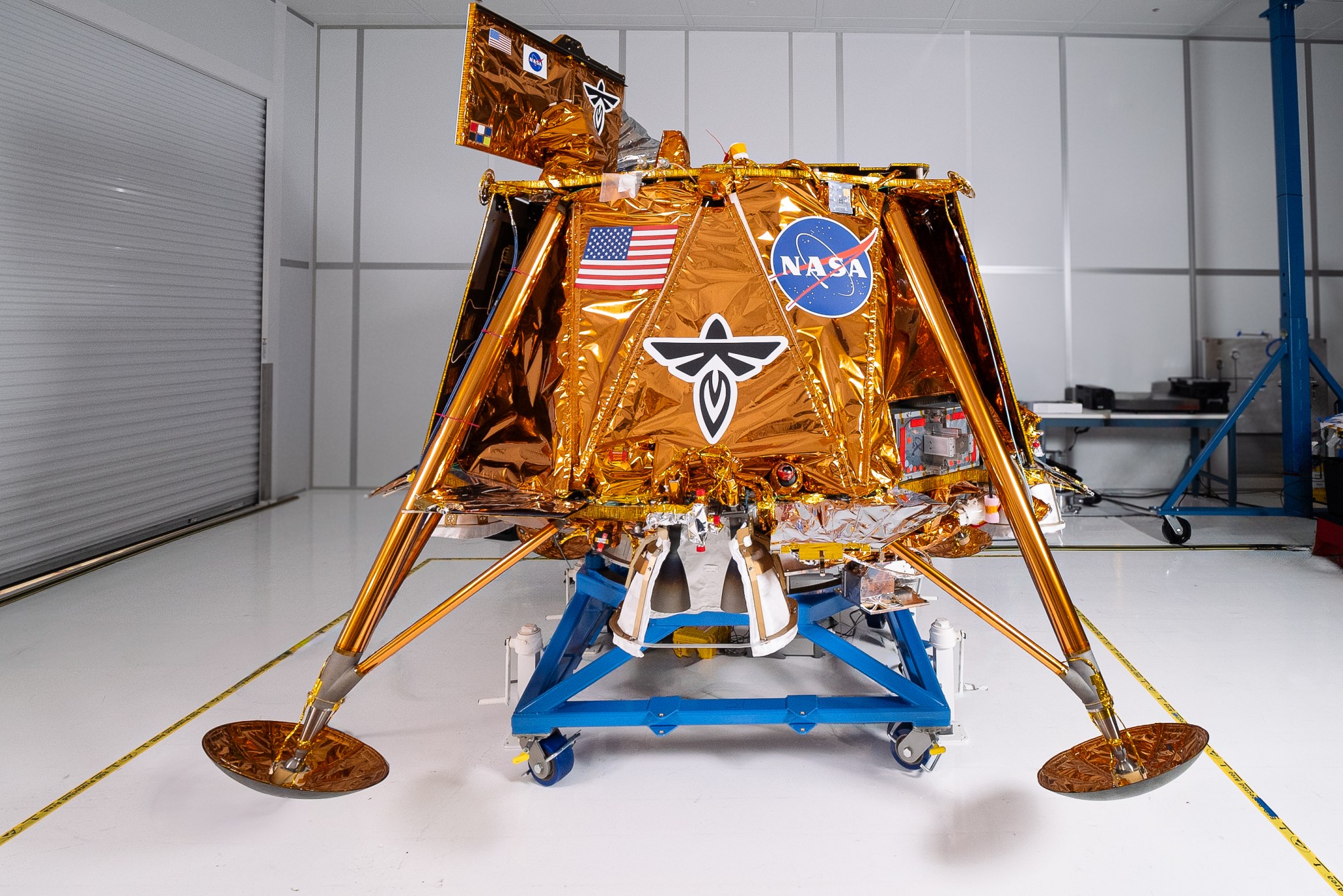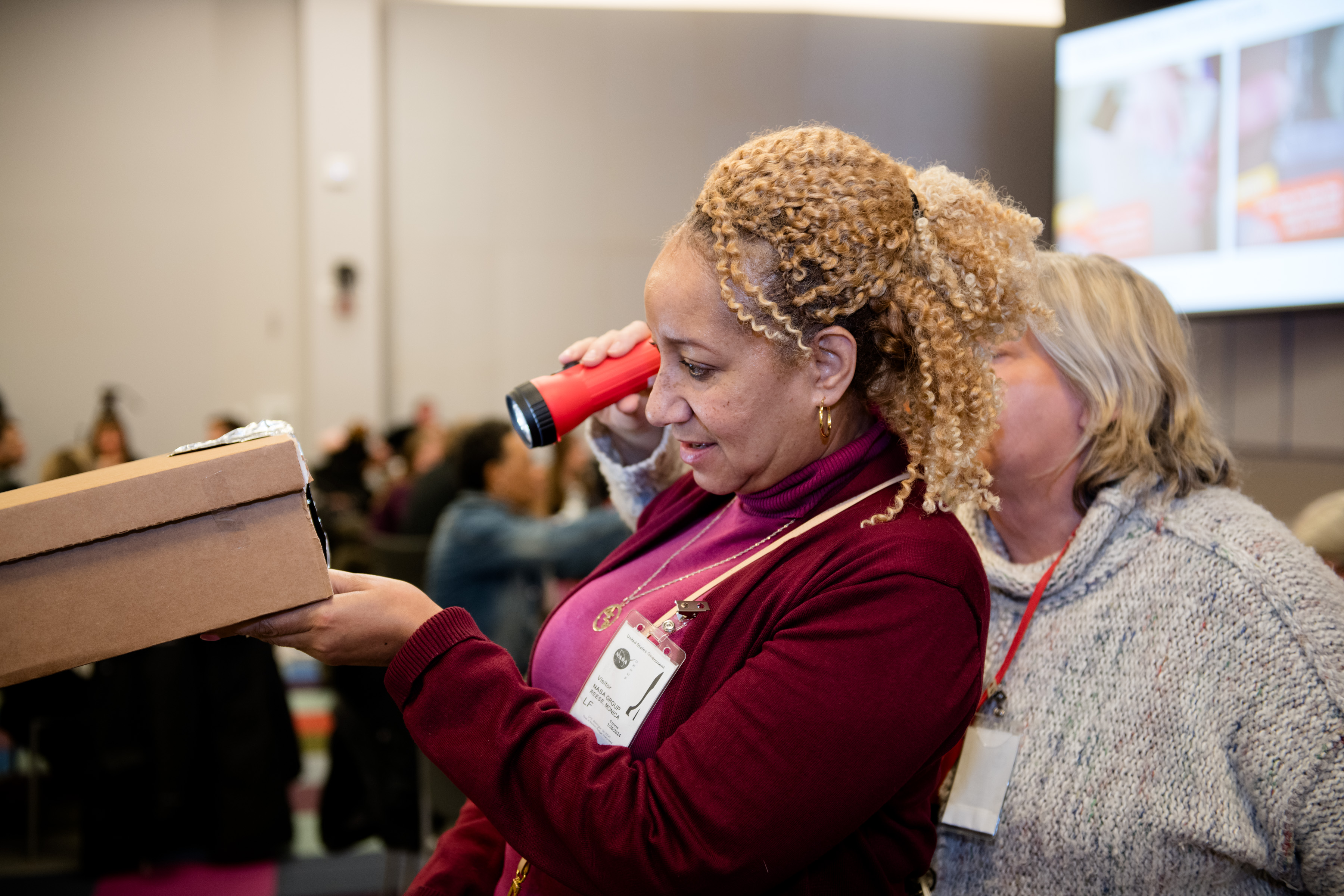NASA to Discuss Firefly’s First Robotic Artemis Moon Flight
NASA will host a media teleconference at 1 p.m. EST Tuesday, Dec. 17, to discuss the agency science and technology flying aboard Firefly Aerospace’s first delivery to the Moon as part of the NASA’s CLPS (Commercial Lunar Payload Services) initiative and Artemis campaign. Audio of the call will livestream on the agency’s website at: https://www.nasa.gov/live […]

NASA will host a media teleconference at 1 p.m. EST Tuesday, Dec. 17, to discuss the agency science and technology flying aboard Firefly Aerospace’s first delivery to the Moon as part of the NASA’s CLPS (Commercial Lunar Payload Services) initiative and Artemis campaign.
Audio of the call will livestream on the agency’s website at:
Briefing participants include:
- Joel Kearns, deputy associate administrator for exploration, Science Mission Directorate, NASA Headquarters
- Ryan Watkins, program scientist, Exploration Science Strategy and Integration Office, NASA Headquarters
- Jason Kim, chief executive officer, Firefly Aerospace
To participate by telephone, media must RSVP no later than two hours before the briefing to: ksc-newsroom@mail.nasa.gov.
Firefly’s Blue Ghost lunar lander will launch on a SpaceX Falcon 9 rocket from Launch Complex 39A at NASA’s Kennedy Space Center in Florida. The six-day launch window opens no earlier than mid-January 2025.
The lunar mission, named Ghost Riders in the Sky, will land near a volcanic feature called Mons Latreille within Mare Crisium, a more than 300-mile-wide basin located in the northeast quadrant of the Moon’s near side. The mission will carry 10 NASA instruments and first-of-their-kind demonstrations to further our understanding of the Moon’s environment and help prepare for future human missions to the lunar surface, as part of the agency’s Moon to Mars exploration approach.
Science investigations on this flight include testing lunar subsurface drilling, regolith sample collection, global navigation satellite system abilities, radiation tolerant computing, and lunar dust mitigation. The data captured could also benefit humans on Earth by providing insights into how space weather and other cosmic forces impact Earth.
Under the CLPS model, NASA is investing in commercial delivery services to the Moon to enable industry growth and support long-term lunar exploration. As a primary customer for CLPS deliveries, NASA is to be one of many customers on future flights.
For updates, follow on:
https://blogs.nasa.gov/artemis/
-end-
Alise Fisher
Headquarters, Washington
202-358-2546
alise.m.fisher@nasa.gov
Wynn Scott / Natalia Riusech
Johnson Space Center, Houston
281-483-5111
wynn.b.scott@nasa.gov / nataila.s.riusech@nasa.gov
Antonia Jaramillo
Kennedy Space Center, Florida
321-867-2468
antonia.jaramillobotero@nasa.gov
What's Your Reaction?







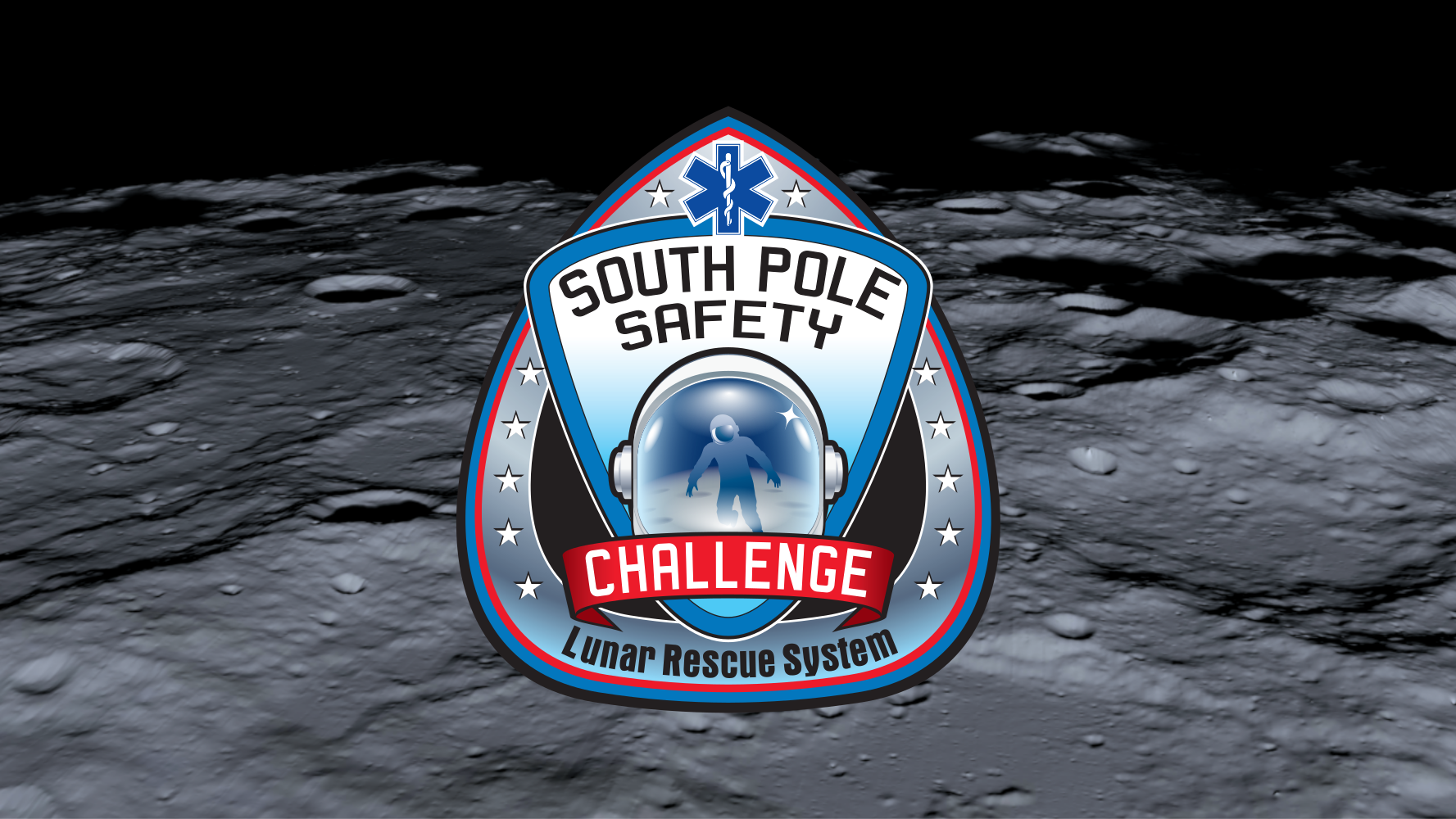
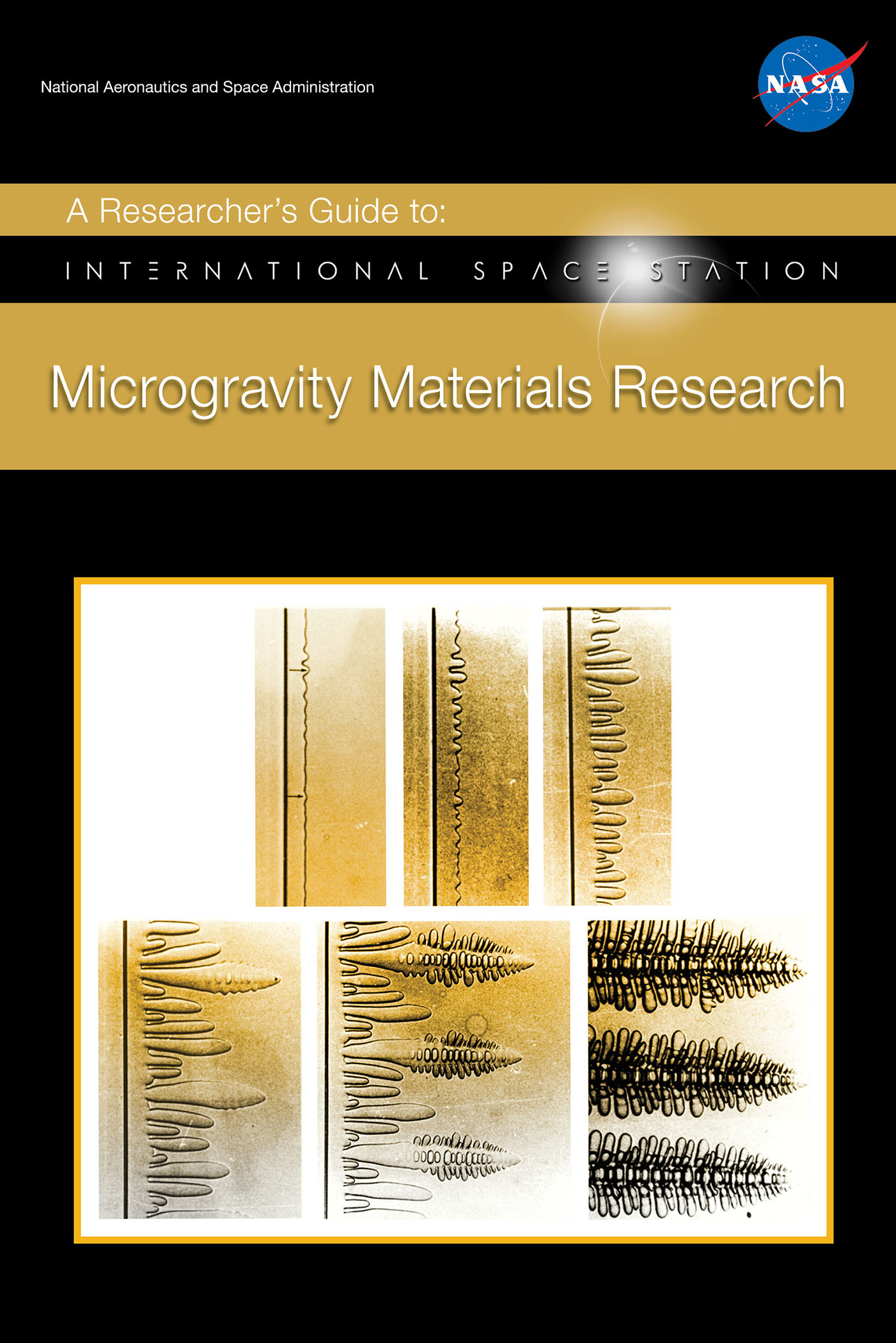

.jpg)







